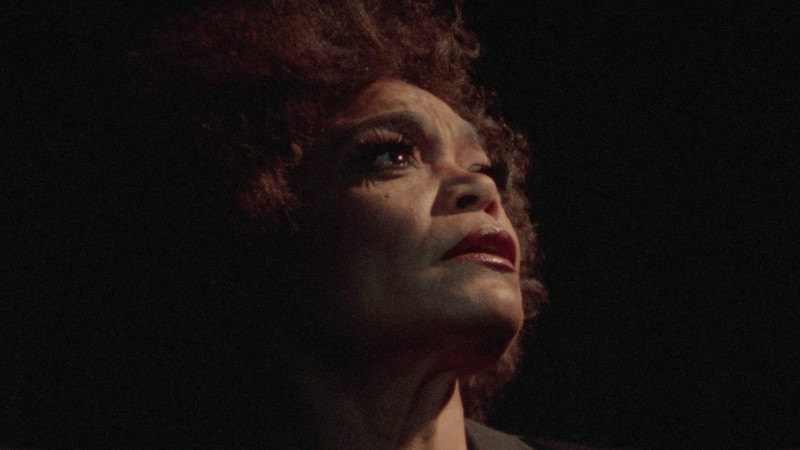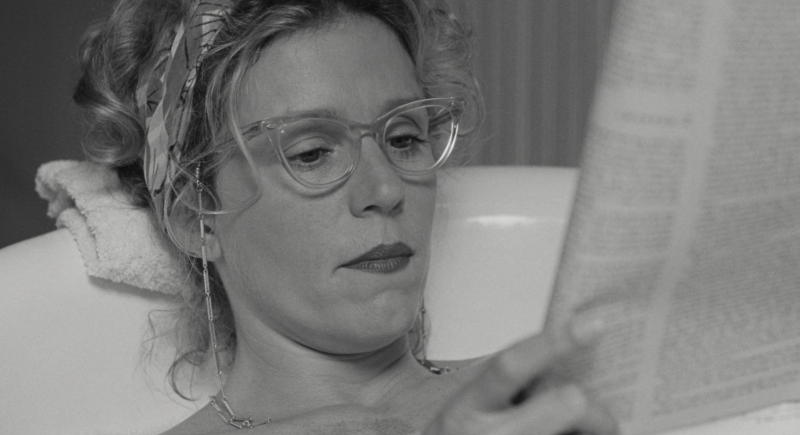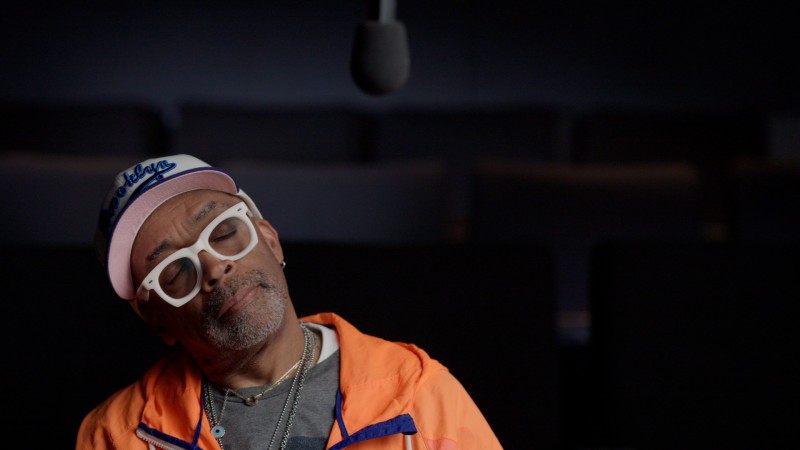Double Seduction in Bull Durham

For a brief period in the eighties and nineties, Ron Shelton was the king, if not the inventor, of the sports rom-com. Lost-cause athletes who needed saving by wise women were his specialty. This dynamic is nowhere more perfectly encapsulated than in his first and best film, Bull Durham, which evokes the tension between two different kinds of seduction with a pair of back-to-back soundtrack selections.
Shelton is a master of the needle drop and has a distinctive way of using songs in his films, letting them go on for a while and sometimes positioning them in quick succession, the better to comment on shifts in a story. Near the beginning of Bull Durham, he uses a one-two punch of George Thorogood’s “Born to Be Bad” and Ike and Tina Turner’s “I Idolize You” to tweak disparate versions of manhood as they pertain to the sporting life and give depth to what could have easily been a run-of-the-mill love triangle.
This greatest of baseball movies is as much about different stages and schools of masculinity as it is about anything happening on the diamond. On the mound is Ebby Calvin “Nuke” LaLoosh (Tim Robbins), an undisciplined youngster with a million-dollar arm and a five-cent head. Behind the plate is Crash Davis (Kevin Costner), a cynical, world-weary career minor leaguer, sent down to A-ball in Durham, North Carolina, against his will and to teach the kid about baseball and life. Standing between them is Annie Savoy (Susan Sarandon), a sort of super-groupie who chooses one player to date each season. Crash and Nuke, opposites in every way, are her finalists.
The three meet for the first time at a local bar following Nuke’s first game. The scene begins with a slow pan through the bar as the Smithereens’ “Only a Memory,” an eighties radio staple, plays on the jukebox. The camera soon finds Annie, wearing a black dress, and Max Patkin, a baseball clown playing himself. They sit at a table, chatting amiably about little, when, as the Smithereens wind down, a waitress brings them drinks they didn’t order. She tells them “the guy in the booth” bought them, and as they turn around we cut to Crash, sitting in the corner by himself. He waves, Max beckons him over, and we notice that “Born to Be Bad” is the new jukebox selection just as Max tells Annie something about Crash: “He’s really different. I actually saw him read a book without pictures once.”
If you wanted to get a party started back in the eighties you could do a lot worse than Thorogood. His up-tempo rock anthems, infused with a touch of rockabilly mayhem, had a sort of meathead frat-boy appeal equally at home at a rodeo or on top-forty radio. “Bad to the Bone,” “I Drink Alone,” “Born to Be Bad”: even the titles reflect a pop, prefab version of masculinity that traveled easily in a decade known for its superficial charms.
Crash the reader wasn’t really born to be bad, certainly not in any way that matches Thorogood’s hard-charging lyrics: “Now on the night I arrived / My daddy said ‘Sakes Alive!’ / It’s the meanest one that we’ve had yet. / Teethed on tin and weaned on gin / I was nobody’s teacher’s pet.” That doesn’t sound like a guy who sits in the corner by himself. As we discover when Annie asks him, Crash doesn’t even dance. He’s an old-timer and an introvert, not a party boy. But his body language and that crooked Costner smile say he’s into Annie—whose attention is suddenly directed elsewhere.
“What is that?” she asks nobody in particular, her eyes popping out of her head. And with one cut we follow her eyeline to Nuke in a white suit, dancing up a storm with four women at once, twirling one, flipping another over his knee, strutting this way and that. Shelton gives us a full shot to show just how much ground the lanky Robbins is covering, and we hear the song’s chorus clearly: “So when you see me comin’ get away / The ones that didn’t ain’t around today / The sweetest piece of loving any girl ever had / I’m here to tell you boys I was born to be bad.” Nuke is the life of the party, and the soundtrack treats him as such. There’s nothing ironic about his relationship to “Born to Be Bad.” He’s a young man eager to sow his oats—his coach has already caught him having sex in the locker room—and Thorogood adds fuel to his fire.




